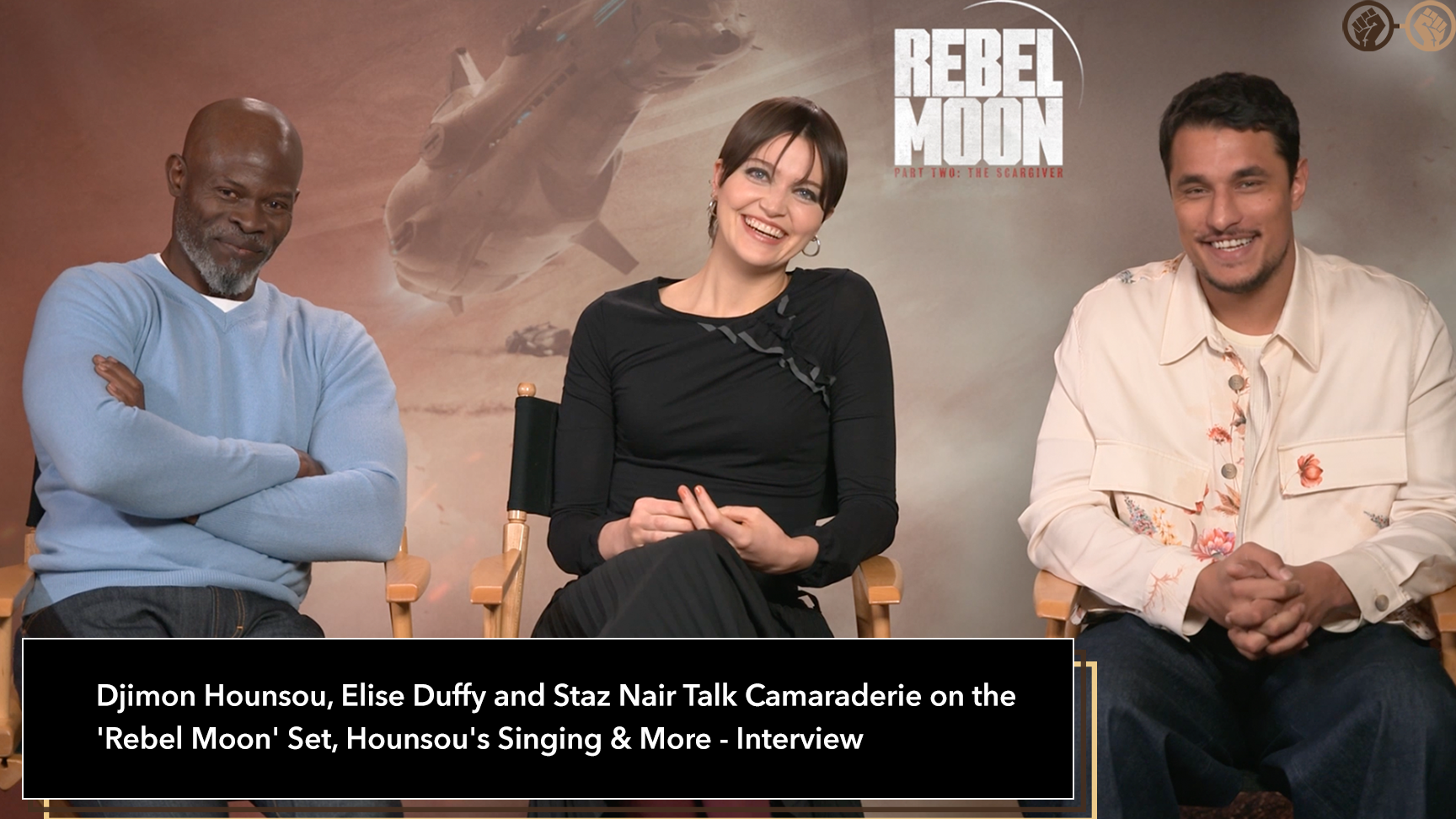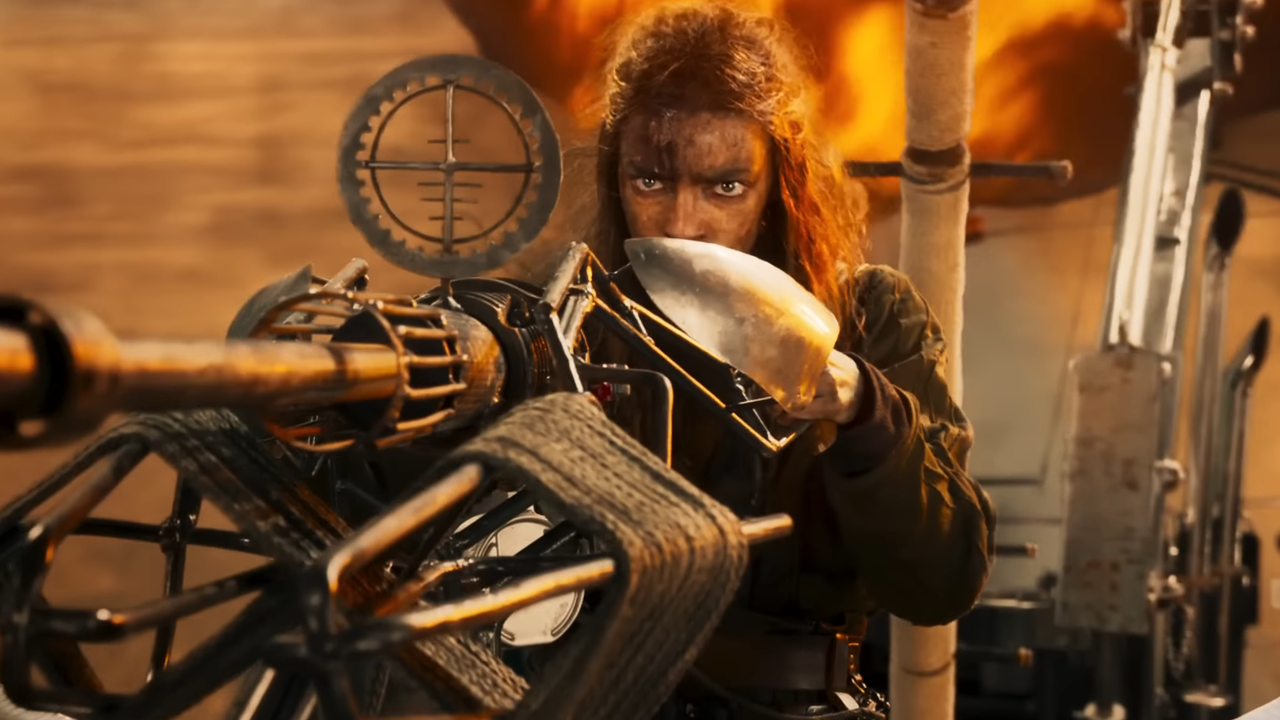It may seem silly to have to state this, but Afro-Latinxs exist. We are real, complex, creative and talented. We are diverse, unique and belong to multiple, intersecting spaces/identities. Constant whitewashing, lack of media attention, colorism, and blatant erasure makes it easy for Black Latinxs to be excluded from pop culture. Representation does truly matter and Afro-Latinx narratives deserve to share space in media.
What is Latinx?
Confused between terms like Latinx, Afro-Latinx and Hispanic? Most people are, usually due to a lack of understanding of race, ethnicity and the history of colonialism in Latin America. While some folx identify with Hispanic, many choose not to because of how the term centers Spaniard (white) ancestry. In an interview with Telesur, Roberto Cintli Rodriguez, Associate Professor at the University of Arizona, states:
“The majority of the people that we call Hispanic or Latino in this country are Mexican and Central American; the majority of those people have native roots. Between that and those who have an African culture, we’re not talking about people from Spain”
Latinx is a gender neutral term used to describe anyone with roots from Latin America. This includes countries such as Brazil, Mexico, and the Dominican Republic. While many feel more comfortable identifying with Latinx, the label often lumps all Latin American countries in one neat category. It works to erase the unique history and traditions across Latin America and the existence of marginalized communities, specifically those of African descent.
So what does Afro-Latinx mean?
An Afro-Latinx is a Black person from Latin America. Despite sharing the identity of Latinx, colonial structures of privilege and power thrive within the community, as shown in Zahira Kelly’s comic series, Baina Colonial. Black and Indigenous Latinxs are consistently forced to the sidelines and denied, despite their strong influences to Latinx culture.
Pop culture perpetually supports and reinforces the effects of colonialism as white and lighter skin Latinxs become much more common in media. Rogue One star, Diego Luna, recently shared an Instagram post of a fans emotional connection to his work. The fans father was amazed that a Mexican actor with an accent co-starred in a major Hollywood film. It truly was a beautiful moment and speaks to the impact that representation has – but is that same moment currently accessible for Afro-Latinxs? And if it is accessible, which Afro-Latinxs are represented? Afro-Latinxs in Hollywood often can only be cast in African American roles and are normally excluded in movies and literature. Very little opportunities exist for Afro-Latinxs and we rarely experience seeing our culture, faces, and identities explored in media.
Again, Black Latinx experiences exist; Afro-Latinx nerds are real and deserve to be seen in the media we consume. Why can’t an Afro Mexican exist in a galaxy far, far away? Why can’t the DCEU include a Black Honduran hero? Why isn’t there an Afro Boricua enrolled in Hogwarts?
Despite all of this, times are slowly changing. Black stories are being told in beautiful, complex ways, and the Afro-Latinx identity is beginning to be explored in mainstream spaces.
Netflix is doing a lot of heavy lifting with their current online series. Last year, they released the popular show, The Get Down, a story about the rise of hip-hop culture in New York City. The show follows Black Boricua, Ezekiel Figuero, and is full of diverse, talented Black Latinx characters.

Netflix and Marvel Studios also cast Afro-Puerto Rican/Cuban actress Rosario Dawson in the role of Claire Temple. Claire is resourceful, brilliant and the connecting piece to Marvel’s Defenders universe. Temple proves to be a vital character despite being surrounded by super-powered individuals and will continue bringing Netflix’s Marvel series together.
Comics also broke barriers with characters such as La Borinqueña and Miles Morales, despite the white gaze inflicted on the character. Academy Award winning film, Moonlight, featured a beautifully written story featuring a Black Dominican teenager. The film also centered an intriguing Afro-Cuban character and earned actor, Mahershala Ali, the Best Supporting Actor Academy Award.

While there are still ways to go –such as casting actual Afro-Latinxs in Black-Latinx roles and removing the white lens centered in Afro-Latinx stories – the future for nerds looks promising. With upcoming talent such as Afro-Panamanian/Mexican Tessa Thompson joining the MCU, there’s much to be excited about. Our stories are coming to life in the fandoms we adore and have been apart of since the beginning of time. We exist, and will continue breaking down barriers.





Leave a Reply